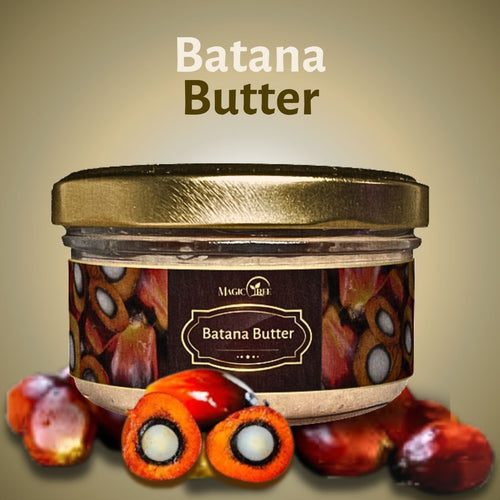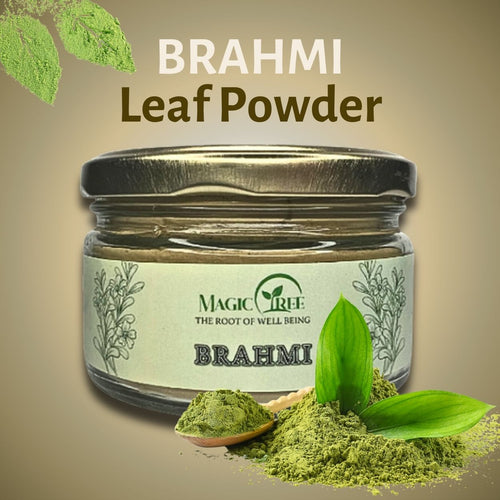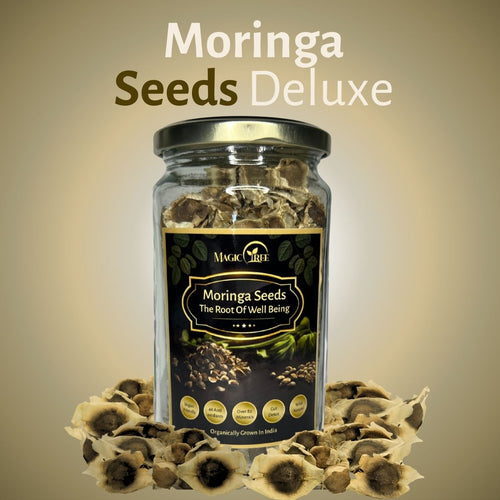The colon, also known as the large intestine, is a vital part of your digestive system. It plays a crucial role in:
- Waste Elimination: The colon extracts water and electrolytes from digested food, forming stool for elimination.
- Nutrient Absorption: The colon absorbs some vitamins and minerals produced by gut bacteria.
- Gut Health: The colon houses trillions of gut bacteria that contribute to digestion, immune function, and overall health.
When the Colon Gets Troubled: Inflammation and Infection
While the colon usually functions efficiently, certain factors can disrupt its delicate balance, leading to inflammation or infection:
- Diet: A diet low in fiber and high in processed foods, refined sugars, and unhealthy fats can disrupt gut bacteria and contribute to inflammation.
- Stress: Chronic stress can negatively impact gut health, making the colon more susceptible to inflammation. Consider herbs like Lions Mane or Brahmi, to help reduce your cortisol levels and manage periods of chronic stress
- Antibiotics: Although essential for fighting infections, antibiotics can also disrupt the delicate balance of gut bacteria.
- Underlying Conditions: Certain medical conditions, such as Crohn's disease and ulcerative colitis, can cause chronic inflammation in the digestive tract, including the colon.
Signs and Symptoms of a Troubled Colon
A troubled colon can manifest through various short-term and long-term symptoms:
- Short-Term Symptoms: Constipation, diarrhea, bloating, gas, abdominal pain, and heartburn are common signs of a dysfunctional colon.
-
Long-Term Illnesses: Chronic inflammation and an unhealthy gut microbiome have been linked to various health concerns, including:
- Digestive disorders like irritable bowel syndrome (IBS)
- Autoimmune diseases
- Skin conditions
- Mood disorders
The Colon Cleanse Enigma: Fact or Fiction?
The idea of a "colon cleanse" to remove toxins and improve overall health has gained popularity. However, it's important to understand the facts:
- The Colon's Natural Cleansing Mechanism: The colon is naturally designed to eliminate waste through regular bowel movements. A healthy diet and adequate hydration are typically sufficient for optimal colon function.
- Potential Risks of a fad cleanse: Some colon cleanse methods, especially harsh laxatives and enemas which are common in 3 day programs, can disrupt the balance of gut bacteria, dehydrate the body, and even damage the colon lining.
Holistic Approaches to Support a Healthy Colon
Instead of chasing a "cleanse," a more sustainable approach to promoting colon health involves focusing on creating a healthy gut environment. Here are some natural herbs and holistic techniques that may support:
1. Dietary Adjustments:
- Fiber Powerhouse: Increase your intake of fiber-rich foods like fruits, vegetables, whole grains, and legumes. Healthy sources of carbohydrates like winter squashes and potatoes will help you avoid the trouble makers.
- Hydration Hero: Drink plenty of water throughout the day to keep your digestive system functioning smoothly. You should also hydrate yourself through H302 rich fruits like cucumber, watermelon and celery juice which have the added benefit of strengthening your liver and bile.
- Limit Inflammatory Foods: Reduce your intake of processed foods, refined sugars, and unhealthy fats, which can contribute to inflammation.
2. Herbs for Gut Harmony:
- Psyllium Husk: This soluble fiber forms a gel in your gut, promoting regularity and helping remove waste.
- Moringa Seeds: Moringa seeds contain natural antibiotic and anti-inflammatory properties that may support digestive health. You can purchase moringa seeds here
- Slippery Elm: This herb has a soothing effect on the digestive tract, potentially helping to reduce inflammation and irritation in the colon.
- Full Spectrum Seamoss: Sea Moss is primarily composed of kappa carrageenan which is a source of soluble fibre that attracts water in the colon and turns into a gel like substance during digestion to slow absorption in the gut. You can purchase seamoss here.
- Artichoke leaf: This is a very useful herb to strengthen your bile to prevent the build up of fat creating a home for pathogens that will disrupt your colon.
Here is a curated bundle we have put together to address gut health
3. Holistic Techniques for Inner Peace:
- Stress Management: Chronic stress can wreak havoc on your gut health. Practice stress-reduction techniques like yoga, meditation, or deep breathing to promote relaxation.
- Probiotics: These live bacteria supplements can help replenish healthy gut flora, promoting overall digestive health and potentially reducing inflammation.
- Prebiotics: Prebiotics are the food source for your gut bacteria. Foods like bananas, garlic, and onions contain prebiotics that help nourish your gut microbiome.
Remember: Consistency is Key
While these natural approaches can support a healthy colon, it's essential to adopt them consistently for optimal results. Remember, aiming for a balanced gut ecosystem with a healthy diet, stress management, and natural support methods is more effective than quick-fix cleanses.
Consulting Your Doctor:
If you're experiencing persistent or severe digestive issues, it's important to consult your doctor. They can help identify the underlying cause of your problems and recommend appropriate treatment options.
The Bottom Line: Respecting your colon's natural cleaning mechanisms while promoting a healthy gut environment through diet, lifestyle changes, and natural support is the key to a happy, healthy digestive system. So, ditch the drastic cleanse





17 comments
I have long periods of sitting on toilet having a BM also a lot of flatulence.
Thank you for providing this information.
Thank you for all your wonderful knowledge.
Купить аттестат за 11 класс: быстрый способ
купить проверенный диплом о высшем образовании
Купите диплом о среднем образовании: надежно и качественно http://vladimirka.ru/press/diplom_rossiya_vygodnoe_priobretenie_009.htm